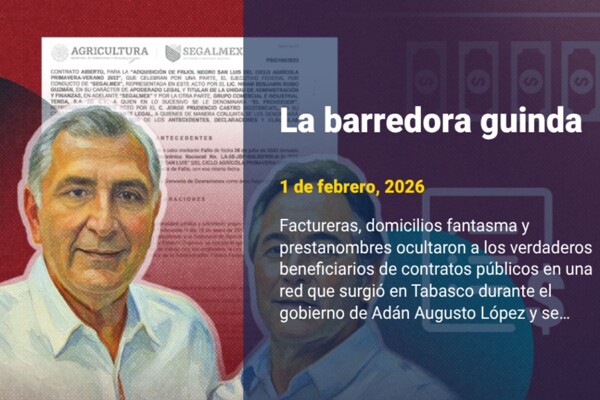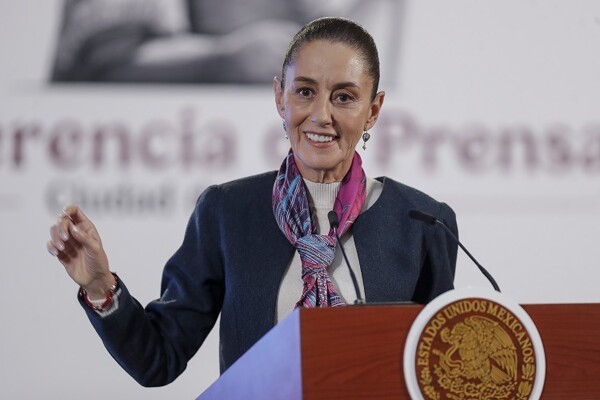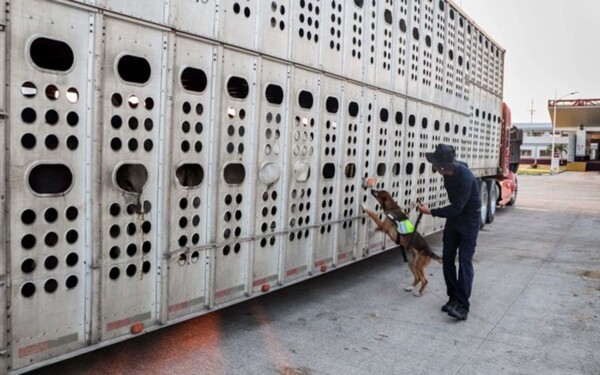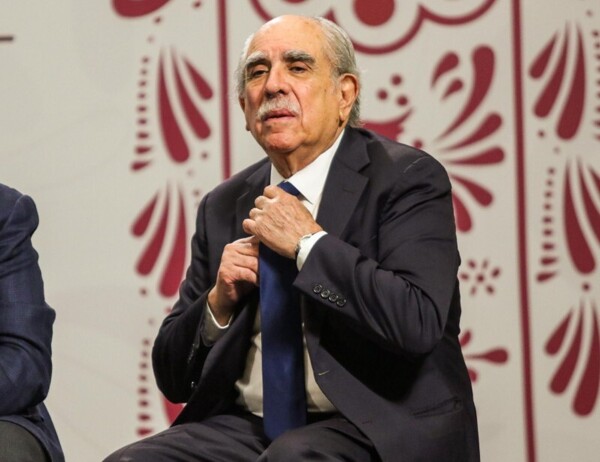
The responses shown reflect a series of underlying problems in the formal financial system in Mexico. Among these problems are the lack of understanding and trust in financial institutions, as well as insufficient financial infrastructure and the costs associated with the use of formal means. Another factor influencing the preference for cash is the fear of tax repercussions, with a tax evasion rate of around 19 percent in the Individual Income Tax.
Despite these alarming figures, between 65 and 77 percent of those surveyed admitted to having made cash payments in the last 30 days, indicating a marked preference for this payment method over other more formal ones. The National Financial Inclusion Survey (ENIF) shows that in 2024, only 19 percent of the Mexican population regularly used credit or debit cards for payments over 500 pesos.
A concerning point is the low level of formal savings in Mexico, which only reaches 8.2 percent, in contrast to the 6.2 percent recorded in 2021. Meanwhile, savings through informal mechanisms like tandas represent 36.6 percent. The lack of financial intermediation and formal payment systems in the country also contributes to this preference for cash.
Several factors explain this high preference for cash in Mexico. One of them is the relevance of the informal economy, where more than half of the population has informal jobs and receives cash payments. Additionally, distrust in financial institutions is another determining factor, with a considerable percentage of people expressing aversion to debt or perceiving that they do not meet the necessary requirements to obtain credit.
Despite advances in financial formalization in Mexico, the predominant use of cash remains very high, which impacts tax evasion and the precise measurement of the economy. The availability of other payment methods has not significantly reduced the preference for cash in the country, despite efforts to promote financial inclusion and the formalization of the economy.














